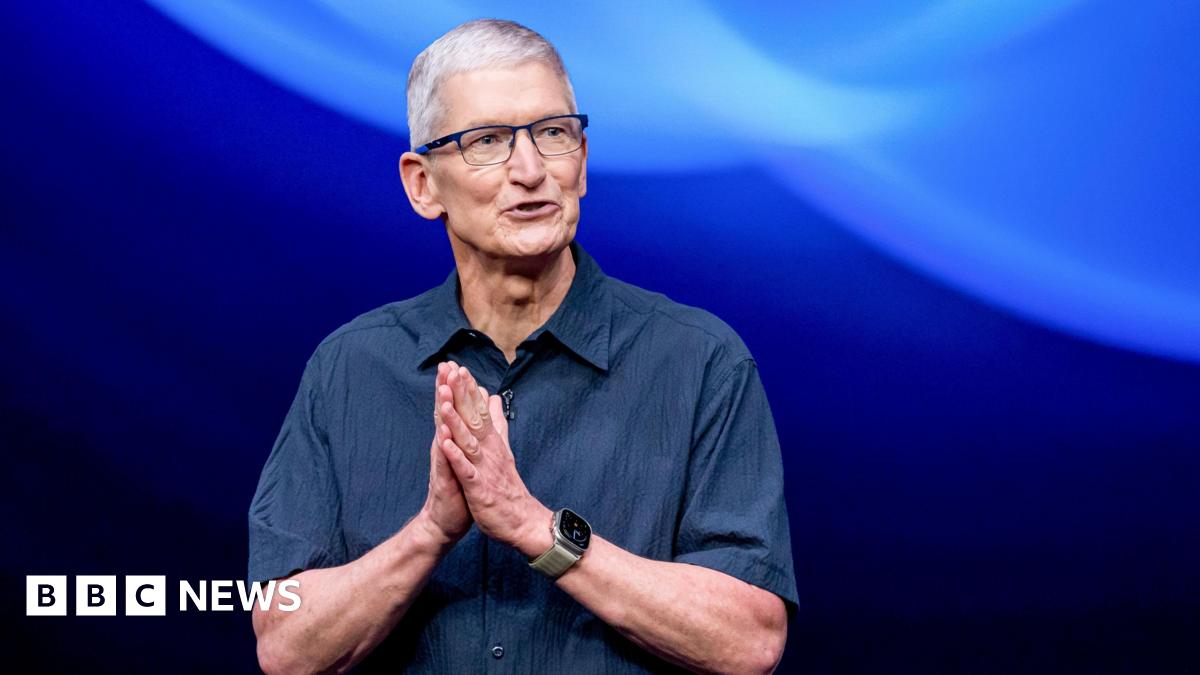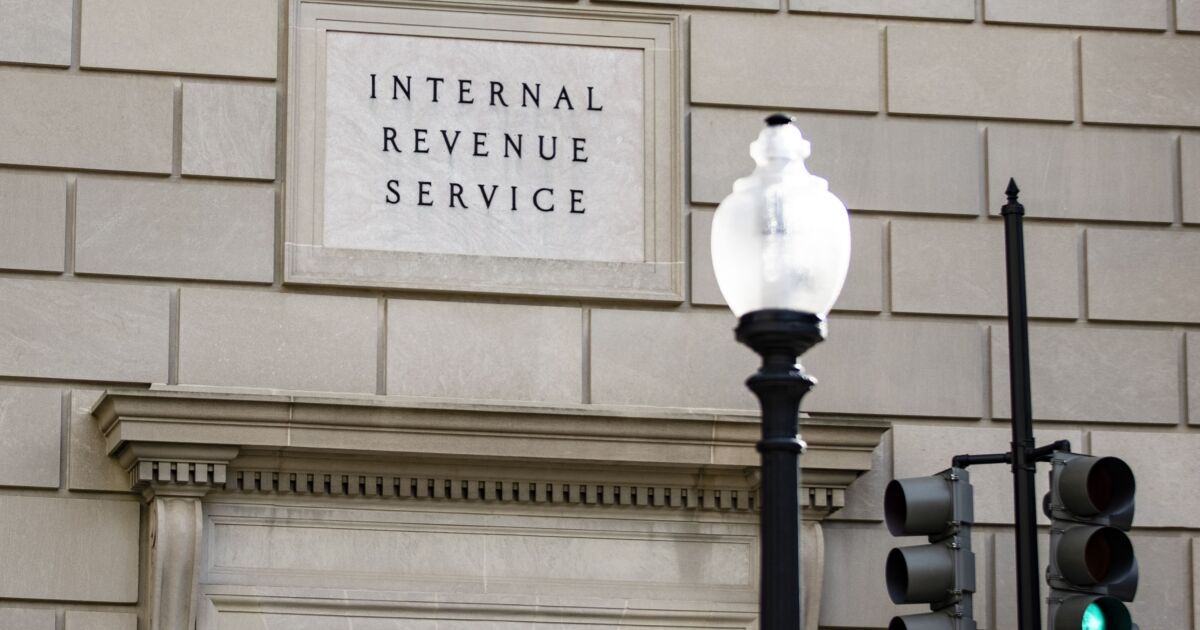The winner of the record-breaking $2 billion Powerball prize is breaking every financial planning rule in the book. Edwin Castro is buying up California real estate since winning the lottery in November, including a three-story $25.5 million mansion in the Hollywood Hills, the same part of Los Angeles that A-list stars like Leonardo DiCaprio and Ariana Grande call home.
That’s the exact opposite of what financial advisors recommend for lottery winners—or any person who suddenly comes into great wealth. Rather, they suggest waiting until the emotional high of winning the jackpot cools off. One advisor counseled against buying up expensive homes altogether.
“I’ve seen clients purchase large homes in faraway locations that they ultimately realize they will not use frequently and end up being a major ongoing financial burden that took several years to sell,” Paul Karger previously told Fortune.
Karger is a cofounder and managing partner at TwinFocus, a wealth advisory firm that manages over $7 billion for ultra-high-net-worth families. He recommends to clients, who range from centimillionaires to billionaires, to wait six months to a year before making any big buys.
The value of second or third homes (or mansions) is shrinking post-pandemic, and luxury real estate is not known for being a great investment considering its vulnerability to economic conditions outside the owner’s control. Plus, real estate is an illiquid asset, which can become a burden if the owners are careless about managing the rest of their wealth. The annual cost to maintain a home is roughly 1% to 4% of the home’s worth.
By this estimate, the upkeep for Castro’s $25.5 million Hollywood Hills home—which has five bedrooms, six bathrooms, a game room, wine cellar, home theater, wet bar, gym, cold plunge, steam shower, and sauna—will cost $255,000 to over $1 million annually.
More mansions and a vintage Porsche
And that’s not all he bought. A couple weeks after buying the first mansion, he spent $4 million on a Japanese-inspired house in Altadena, Calif., his hometown in the Los Angeles suburbs and near the gas station where he bought the winning ticket.
Earlier this month, he also bought a $47 million mega-mansion in Los Angeles, with seven bedrooms, 11 bathrooms, an infinity pool, koi pond, champagne room, wine cellar, home theater, and a view of the city skyline. Castro also purchased a vintage Porsche 911 costing $250,000, the New York Post reported in April.
Castro claimed his prize in February, choosing to immediately receive nearly $1 billion in cash, which came out to be roughly $628 million after taxes. The alternative option was to collect the full $2 billion prize through an annuity over 29 years, which financial advisors say is usually the better strategy.
“People don’t understand there is a potential for loss. They only focus on the potential for gain,” Nicholas Bunio, a financial planner told the Associated Press last November.
Little personal information of Castro has been revealed to the public such as any jobs prior to winning the lottery. The California lottery director said in February that Castro would like to “largely remain private.”
‘Just chill’
Financial advisors heed caution to lottery winners and anyone coming into a large amount of wealth, whether that be through the Great Wealth Transfer—an estimated $73 trillion that will be passed down from baby boomers to their heirs—or by some other windfall. Instead of burning through cash, they recommend consulting a financial adviser, tax attorney, and other experts to create a plan.
“Don’t make any visible life changes. Don’t quit your job, don’t go out and buy a Ferrari, don’t buy a mansion,” Emily Irwin, managing director of advice and planning at Wells Fargo’s investing and wealth management division, previously told Fortune about coming into sudden wealth.
“Maybe you have student loans you want to pay off, that makes sense. But try to avoid that mega-purchase,” Irwin added.
Professional athletes are a cautionary tale of how sudden wealth can disappear. Nearly four out of five NFL players face serious financial stress after having been retired for two years, Sports Illustrated reported in 2009. And that figure has only increased. In 2015, nearly 16% of NFL players filed for bankruptcy within the first 12 years of retirement, according to the National Bureau of Economic Research.
The lesson here?
“Just chill. Don’t make any major decisions or big commitments. Let things digest,” Karger added.
Credit: Source link











